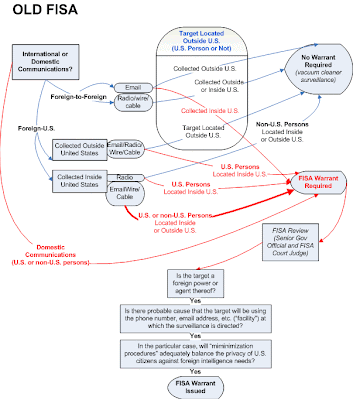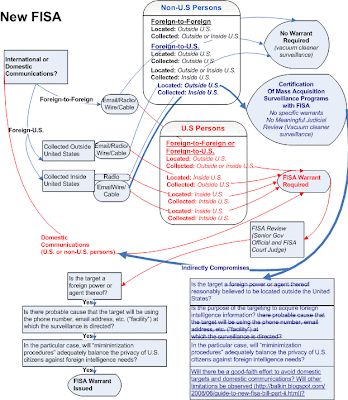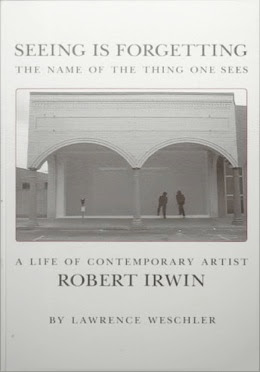 So this is the new stage for the painting shown last week or so. This is a probing period, and like I said, I ditched the photocopy you saw in the last image. I like to attack the canvas(linen) at this point in the process with as much paint as I can reasonably manage. This is always, a wet into wet situation, rough, fast handling with highly charged colors. If I'm doing it right, I'm combining as many colors as I can at once. Of course there is a pre-set of colors, that are quite considered for mood, tempo and scale. I trowel these on and work the surface for a few hours - playing the drying times of each color - manipulating the high oil density colors against the more absorbent colors.
So this is the new stage for the painting shown last week or so. This is a probing period, and like I said, I ditched the photocopy you saw in the last image. I like to attack the canvas(linen) at this point in the process with as much paint as I can reasonably manage. This is always, a wet into wet situation, rough, fast handling with highly charged colors. If I'm doing it right, I'm combining as many colors as I can at once. Of course there is a pre-set of colors, that are quite considered for mood, tempo and scale. I trowel these on and work the surface for a few hours - playing the drying times of each color - manipulating the high oil density colors against the more absorbent colors.The results, if I'm on my game are that within the drying process I get rewarded with some encaustic type areas along with passages that feel geologic, and reflective. What I'm looking for here is a topography that will lead to other decisions. Lately, I am also concerned with the smoothness of the surface, and this seems to be pushing me towards and almost c-print quality.
Also, I want to have a certain freedom with the materials that can at times overwhelm me physically. If my arms and hands are not fatigued and aching after this stage, then I haven't fulfilled my obligation to get as much of my physical presence into the piece as I should. For me this is critical at this point in the process because I need to feel a commitment to and from the surface before proceeding into more complicated waters.
This "second stage" may repeat itself a few times until the skin of the canvas feels right, this skin being critical to how the paint glides in future passes. The glide has everything to do with how the colors combine and mutate seamlessly. Another critical aspect besides an internal commitment, is somehow getting a light to present itself. Light is very important to me and I need to have a source developing immediately upon covering the ground layer. This isn't necessarily directional light but should be evident throughout the surface in this foundational stage.
So I think I'm pretty sure about where this is going next, and I have a maquette or two in the wings. I should have a new update in a week or so on this one.
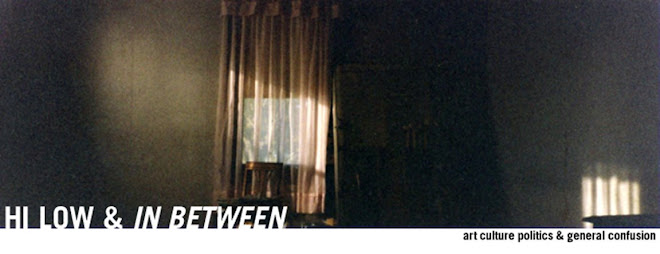


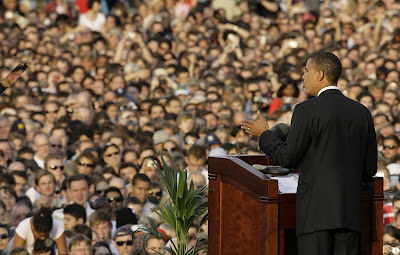


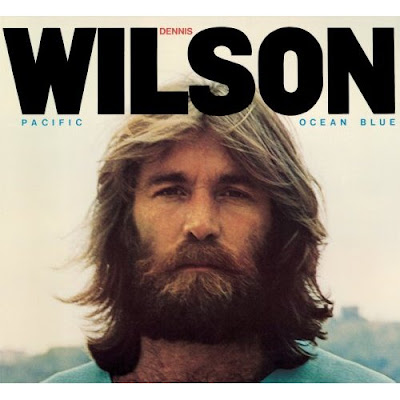



 "My name is Shawn Earl Gardner, sir." Davis tried to explain to Gardner that his behavior was putting his chances of acquittal or leniency at risk. "Don't throw your life away," Davis pleaded. But Gardner wouldn't stop. Judge Davis concluded the hearing, determined to find out what was going on.
"My name is Shawn Earl Gardner, sir." Davis tried to explain to Gardner that his behavior was putting his chances of acquittal or leniency at risk. "Don't throw your life away," Davis pleaded. But Gardner wouldn't stop. Judge Davis concluded the hearing, determined to find out what was going on.
